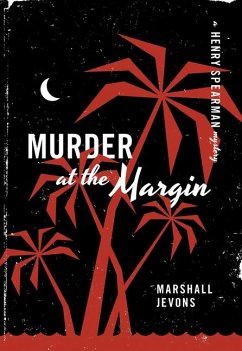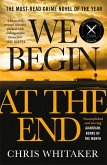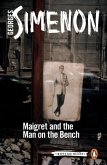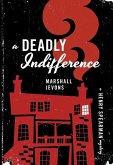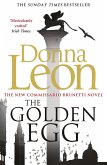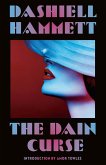While the island police force is mired in an investigation that leads everywhere and nowhere, the diminutive, balding Spearman, who likes nothing better than to train his curiosity on human behavior, conducts an investigation of his own, one governed by rather different laws--those of economics. Theorizing and hypothesizing, Spearman sets himself on the killer's trail as it twists from the postcard-perfect beaches and manicured lawns of a resort to the bustling old port of Charlotte Amalie to densely forested hiking trails with perilous drops to a barren offshore cay.
Hinweis: Dieser Artikel kann nur an eine deutsche Lieferadresse ausgeliefert werden.
Hinweis: Dieser Artikel kann nur an eine deutsche Lieferadresse ausgeliefert werden.
"Writing pseudonymously, [William Breit and Kenneth Elzinga] have created Henry Spearman, a Harvard economist (actually a "Chicago' economist affiliated with Harvard), who utilizes the economic way of thinking literally to figure out "whodunit.' If there is a more painless way to learn economic principles, scientists must have recently discovered how to implant them in ice cream."--John R. Haring, Jr., Wall Street Journal

